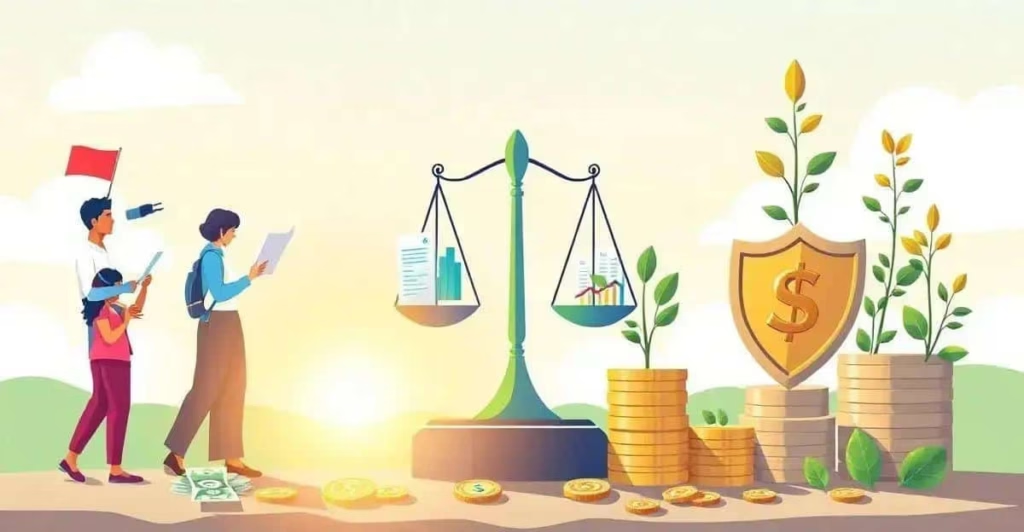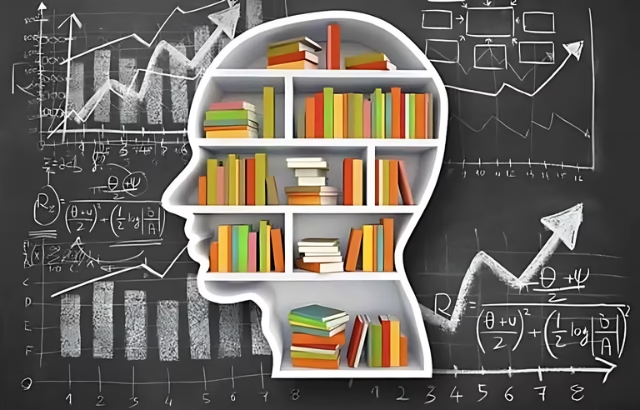Are you tired of living paycheck to paycheck, struggling to make ends meet due to solutions for managing credit card debt? You’re not alone. Millions of people are drowning in credit card debt, and it’s affecting their mental and physical health.
In this post, we’ll explore the top solutions for managing credit card debt and provide you with the tools you need to break free from financial stress.
Solutions for Managing Credit Card Debt: An Overview
Managing credit card debt can be daunting, but with the right solutions, you can take control of your finances and achieve financial freedom. Start by understanding your credit card debt, including the interest rates, fees, and minimum payments required.
Next, prioritize your debts, focusing on the ones with the highest interest rates or smallest balances. You can also consider debt consolidation, credit counseling, or debt settlement options. Regardless of the approach, it’s essential to create a budget and stick to it, avoiding overspending and making timely payments.
Understanding Credit Card Debt and Its Impact
Credit card debt can have a profound impact on an individual’s financial well-being, affecting not only their wallet but also their mental and physical health.
High-interest rates and fees can lead to a cycle of debt, making it challenging to pay off the principal balance.
Additionally, credit card debt can affect an individual’s credit score, making it harder to qualify for loans or credit in the future.
Understanding the causes of credit card debt, such as overspending, lack of budgeting, or unexpected expenses, is crucial to developing effective strategies for managing and paying off debt.
Strategies for Paying Off Credit Card Debt
Paying off credit card debt requires a solid plan and discipline. One effective strategy is the snowball method, where you pay off smaller balances first, gaining momentum and confidence as you eliminate each debt.
Alternatively, you can use the avalanche method, targeting the debt with the highest interest rate to save money on interest over time.
You can also try the debt management plan, where you work with a credit counselor to develop a customized plan.
Regardless of the approach, it’s essential to make more than the minimum payment, focusing on the principal balance rather than just the interest.
By paying off credit card debt strategically, you can achieve financial freedom and reduce stress.
Debt Consolidation Options for Credit Card Debt
Debt consolidation can be an effective way to manage credit card debt, especially if you have multiple debts with high interest rates.
One option is to consolidate your debts into a single loan with a lower interest rate and a single monthly payment. This can be done through a balance transfer credit card, a personal loan, or a debt consolidation loan.
Consider the pros and cons of each option, taking into account the interest rates, fees, and repayment terms. It’s essential to carefully review the terms and conditions before committing to a debt consolidation plan.
Additionally, you can also consider debt management plans or credit counseling services to help you develop a customized plan to pay off your debt.
Don’t Let Credit Card Debt Affect Your Credit Score
Credit card debt can have a significant impact on your credit score, making it harder to qualify for loans, credit cards, or even apartments.
To avoid this, it’s essential to make timely payments, keep credit utilization ratios low, and avoid new credit inquiries.
Additionally, consider credit monitoring services to track your credit report and detect any errors or discrepancies.
By taking control of your credit card debt and maintaining good credit habits, you can protect your credit score and achieve long-term financial stability.
Getting Back on Track with Credit Card Debt Management
Getting back on track with credit card debt management requires discipline, patience, and a solid plan.
Start by creating a budget and sticking to it, avoiding overspending and making timely payments.
Consider debt counseling or credit counseling services to help you develop a customized plan.
Utilizing Credit Card Benefits
Additionally, take advantage of credit card benefits, such as rewards programs or cashback offers, to make the most of your credit cards.
By staying committed to your plan and avoiding new credit card debt, you can achieve financial freedom and build a stronger financial future.
Frequently Asked Questions about Credit Card Debt Management
What are some strategies for paying off credit card debt?
Some strategies for paying off credit card debt include the snowball method, where you pay off smaller balances first, and the avalanche method, where you target the debt with the highest interest rate. You can also try debt consolidation or credit counseling services.
How can I avoid overspending and stay on track with my budget?
To avoid overspending, track your expenses, set a budget, and prioritize your spending. You can also use budgeting apps or credit counseling services to help you stay on track.
What are some consequences of not paying off credit card debt?
If you don’t pay off credit card debt, it can negatively impact your credit score, lead to late fees and penalties, and even affect your ability to get loans or credit in the future.
Can I still use credit cards responsibly and manage my debt?
Yes, you can use credit cards responsibly and manage your debt by making timely payments, keeping utilization ratios low, and avoiding new credit inquiries. You can also take advantage of credit card benefits, such as rewards programs or cashback offers.
What are some resources available to help me manage my credit card debt?
There are many resources available to help you manage your credit card debt, including credit counseling services, debt consolidation loans, and budgeting apps. You can also consider working with a financial advisor or credit expert to develop a customized plan.
How can I rebuild my credit after paying off credit card debt?
To rebuild your credit after paying off credit card debt, make on-time payments, keep utilization ratios low, and avoid new credit inquiries. You can also consider opening a new credit account and making regular payments to show lenders you can manage credit responsibly.




